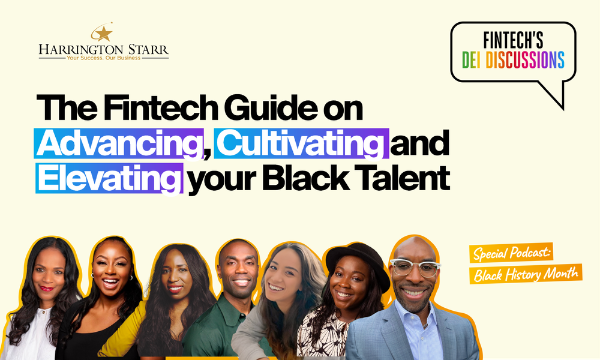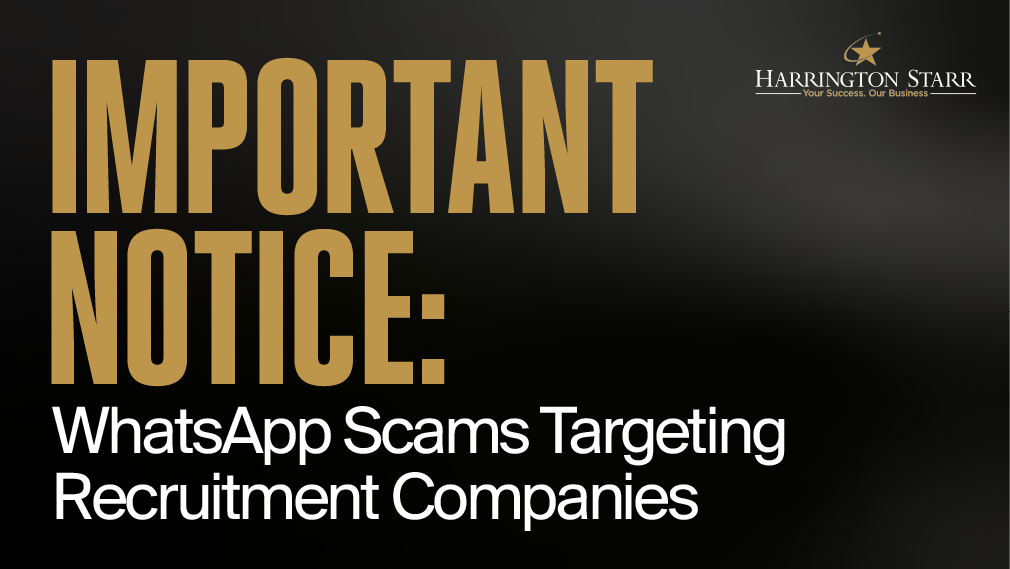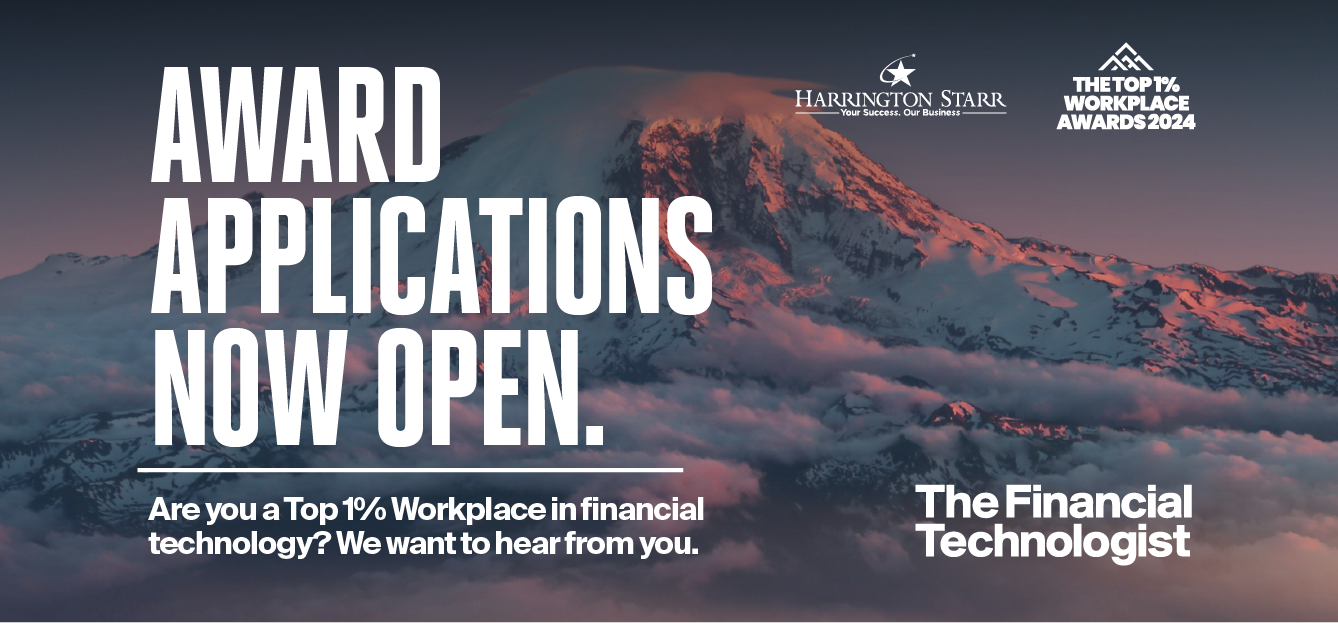
Published research and statistics of discrimination are sparse within the fintech industry (although firsthand and witness testimonials are aplenty), yet further afield, we can see a lot of research done on discriminatory bias towards the Black population more broadly in the UK and across other industries. There are even many articles outlining how this human bias has impacted AI and its inability to create non-discriminatory outcomes.
Unconscious bias - a phrase that entered the cultural zeitgeist with aplomb over the past decade - is triggered by our brain making quick judgements and assessments that would cause a person to act in ways that reinforce stereotypes even when in our conscious mind our behaviour is diametrically opposed to our personal value system. Unconscious bias’ close cousin, affinity bias, causes people to gravitate towards others who look, act, and think as they do. Influences towards these trains of thought include a person’s background, personal experiences, societal stereotypes and cultural context.
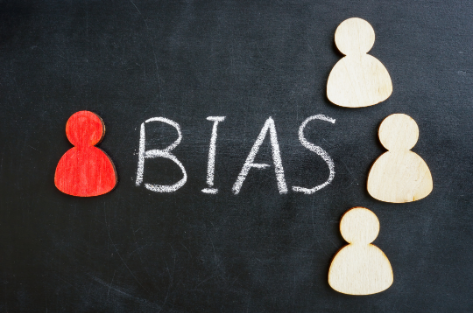
Now, these biases can impact the way people are treated within the workplace, whether the act itself is intentional or not, or has a positive effect or not.
To counteract this, ‘Unconscious Bias’ training became a must for many businesses over the past few years, as leaders became eager to create change within their teams, the majority with good intentions, and others who wanted to avoid being labelled problematic or racist.
However, many businesses feel as if they have accomplished their diversity, equality and inclusion (DEI) goals once an ‘Unconscious Bias’ training session has been completed. Not only is this a very narrow view of what incorporating these lessons into the business is supposed to accomplish, but it does the whole act of creating an inclusive environment a disservice.
These training sessions are where the journey really begins. It's super important to take those lessons and implement it into everyday life in a repeatable, official and actionable way.
Much has been written about bringing in experts to conduct training sessions and how these sessions are actually the foundation for broader organisational change, versus these sessions acting as the catalyst to transform a person’s behaviour overnight. To add to that, researchers have held Harvard University's implicit association test (IAT) (a test central to many of these unconscious bias training sessions) to scrutiny as it was found that people’s results varied from week to week (proving how susceptible we all are to our environment and how we react).
That’s why, for this month’s article, I wanted to share some great examples of actionable allyship so that anyone can replicate them instead of talking about training. Plus, these examples showcase how we can make DEI initiatives into something less performative and way more actionable within any organisation.
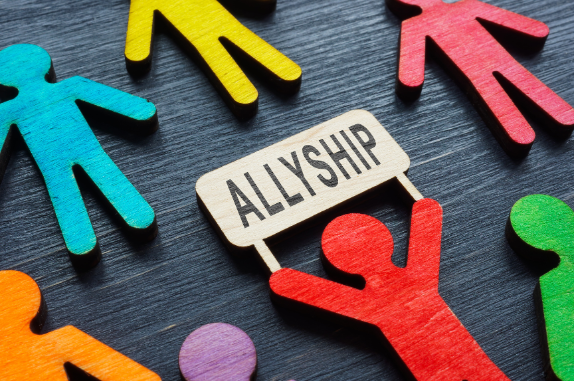
Not putting everyone into the same box: “I recently received a discriminatory report from an evaluator of an EU grant to expand our AI offering. I was very devastated and I shared my feelings on this in a closed group. One of the ladies within the group, who is also a lawyer, immediately contacted me to help craft a letter to the EU highlighting the alarming feedback coming from this particular evaluator. The evaluator believed that one cannot be Black and European. It clearly showed that they had not bothered doing any research on the Director(s) or the business itself. I am glad that she did because I am tired of blatant discrimination and it is time to speak up. I have had it directly spoken to me but I never let it affect me, however, this is the first time it was written down and came directly from an EU organisation who held power in our field.”
Proactively recognising and uplifting Black talent: “I had a senior director (a non-Black female) entrust me with responsibility beyond my experience. It gave me the opportunity to step up significantly and demonstrate my capabilities.”
Empathy and creating a healthy work environment for Black individuals: “I had a former boss reshape the account coverage to create more balance for my team and I after I had a health challenge. He refused to let anyone hold it against me.”
Understanding the current climate, educating oneself and reaching out in an understanding way: “When George Floyd was murdered in police custody, I, a Black male, had a white female senior executive reach out to me and ask me how I was doing. She continued to say your voice needs to be heard and we as a company need to create a space for you and other Black people to discuss the impact. And we did just that across the entire company. It was powerful. I’ve never seen such care deriving from the top. She continues to be an ally and reference in my professional journey.”
Addressing systemic issues within the workplace and leveraging networks for one another: “In my career I have been fortunate to have a multitude of brilliant male allies. They not only celebrated my successes but also stood beside me in challenging times, helping me navigate barriers and challenges. Particularly, I had one male ally whose support was invaluable to me at the start of my career, his support took on various forms. There was one occasion when he spoke up for me when I could not find my voice. He challenged his peers on their behaviour and called it out. He was not about paying lip service to a policy, he demonstrated the importance of addressing systemic issues, and actively and openly contributing to creating an inclusive environment. He went on to create opportunities for me by leveraging his network and using his influence to enable me to access equal opportunities. His genuine desire to see me succeed forged a friendship over 35 years, even though he retired 20 years ago. This allyship is a testament to his authenticity.”
Listening, hearing and acknowledgment: “It’s often the simple stuff. Someone acknowledged that it was my idea in the meeting or opening up a new meeting and thanked me for the idea that has driven a new campaign for us.”
Speaking up on behalf of others: “When my old boss said very sternly “She hasn’t finished! I will not tolerate you speaking over anyone!.”
Paying it forward and helping others up the corporate ladder: “I got my last job because a previous colleague remembered my work and put me forward. I only learned afterwards that this is quite normal for white men to do.”
This year, nine co-authors built a 12-step program and with Harrington Starr have launched, 'The Fintech Guide to Advancing, Cultivating and Elevating Your Black Talent'. This is a year-round initiative, creating this space for those who want to (and really should strongly consider) getting involved by adding their name to the manifesto to commit to treating diversity as a business issue.
Fintech started as a way to create more inclusive products and services for everyone. You can’t build inclusive products if you do not have representation across the board. We all know that the fintech community is capable of so much good. It’s now time to commit to supporting diversity and start treating it as a serious, legitimate business issue.
